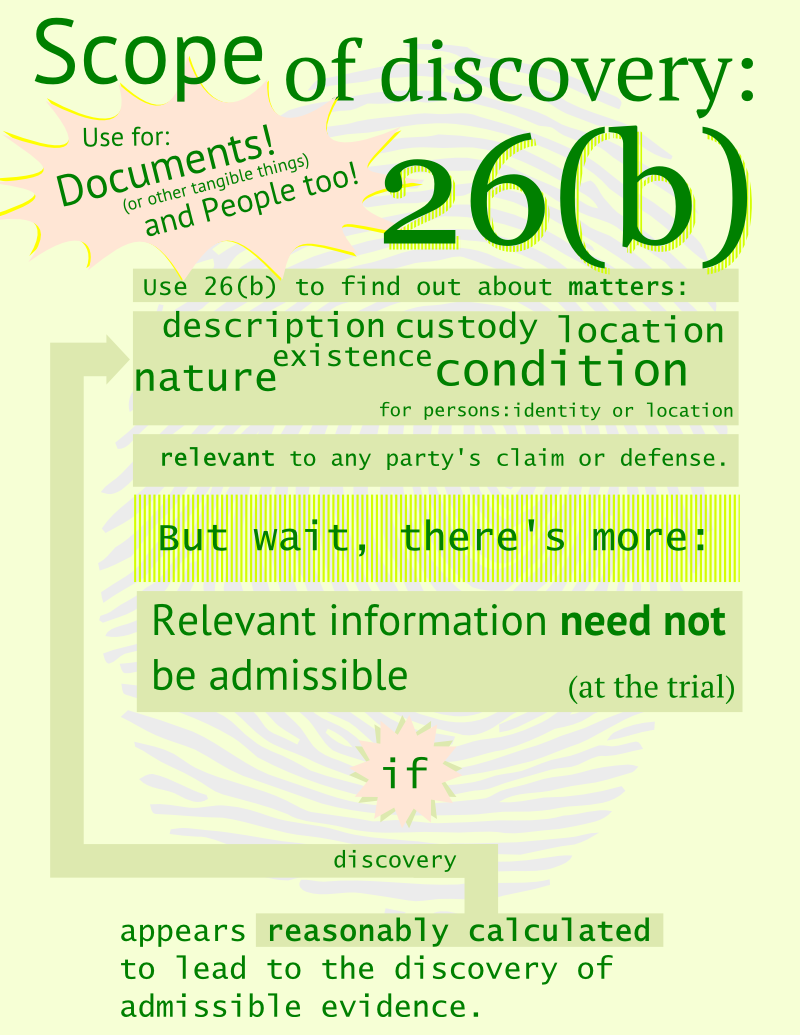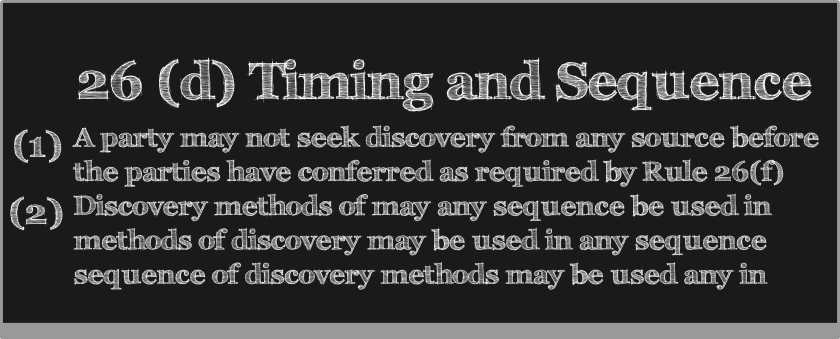I had a good time with this one. I mean, come on… protective spray?
See more at the FRCP page.

Don’t fall asleep. There are better ones on the FRCP page.
I do not know if this gets it done, but it works for now. More at FRCP page.
This is the first one. I do not know where it falls in the posting order, but it is the first one that I created. More at the FRCP page.